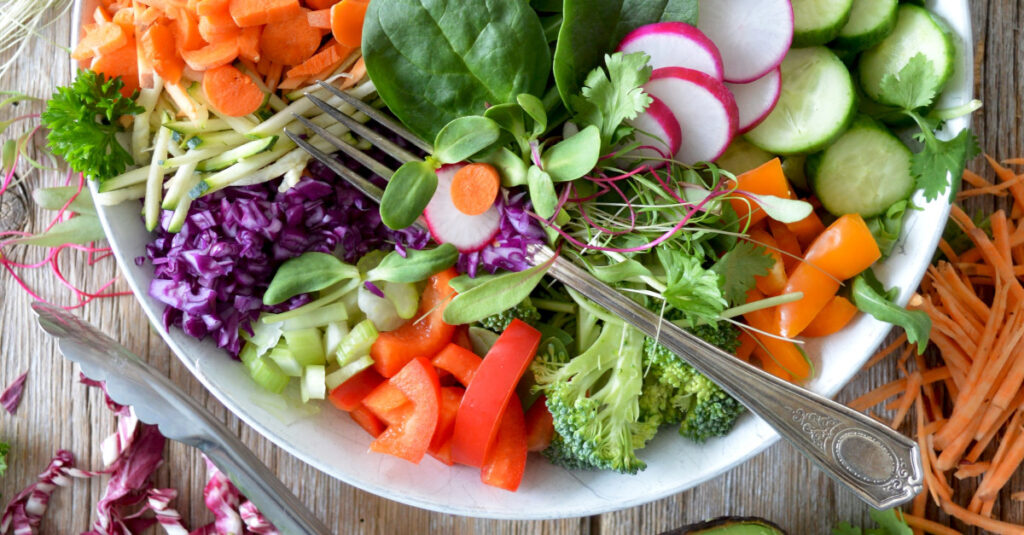Most people think that medication is the only way to combat high blood pressure, but diet can also have a profound effect on blood pressure levels, 30seconds.com reports. Blood pressure is strongly influenced by what you eat and don’t eat. You can also monitor your kidney and brain health with your blood pressure in addition to your cardiovascular health.
What foods can increase blood pressure? The following are four of the worst foods for hypertension:
- A common culprit for high blood pressure is salt, or sodium. You can, however, enjoy healthy salt for flavoring your food as part of a healthy diet. Salt draws water into your blood vessels to help balance excess sodium, resulting in increased blood volume, which in turn increases blood pressure.
- You can elevate your blood pressure directly by eating sugar, especially fructose. In addition to decreasing your blood vessel dilator, fructose also decreases your levels of healthy nitric oxide. Another factor reducing blood pressure is nitric oxide’s ability to keep vessels elastic.
- Deli meat from delis is cured with sodium, hence the high sodium content. Salt increases blood pressure in the same way, but deli meats further aggravate inflammation because of their preservatives and chemicals.
- Saturated fats and trans fats raise your bad (LDL) cholesterol and lower your good (HDL) cholesterol. In order to prevent high blood pressure, the latter removes bad cholesterol from your body. Prepackaged foods contain trans fats, while red meat, butter, chicken, and cream contain saturated fats.
Which foods are good for maintaining healthy blood pressure? Four of the best foods for hypertension are listed below:
- Phytonutrients in fruit can lower your blood pressure. Their fiber, magnesium, and potassium content lowers blood vessel tension. Potassium helps your body eliminate sodium.
- The nitrates found in vegetables, especially green leafy ones, lower blood pressure and relax your vessels. The fiber content of vegetables is similar to that of fruit.
- By removing sodium from your body, whole grains are rich in potassium, which lowers blood pressure. A true whole grain is completely unprocessed, such as steel-cut oats (gluten-free preferably), quinoa, and buckwheat.
- In addition to nuts and seeds, beans contain magnesium, which relaxes vessels and lowers blood pressure.






